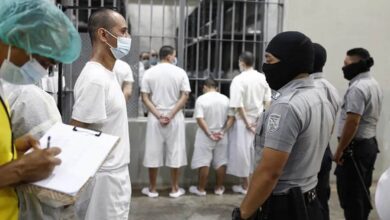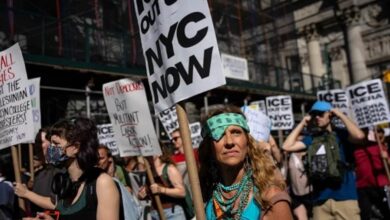There are many cases of corruption related to the COVID-19 pandemic

Photo: Freepik
LatinAmerican Post | Santiago Goméz Hernández
The pandemic has had various negative consequences. In moments where inequality, poverty and hunger have increased, greater altruism and ethics are expected from citizens and those who govern them. However, the opposite has been shown. Along with the problems, the forms of corruption have also grown, not only in Latin America , but also in regions where greater integrity is customary.
Purchase of vaccination certificates
A case that caused outrage among Colombians has been the mafia behind false vaccination cards. Given the restrictive measures against anti-vaccines, many of the people who have not wanted or been able to vaccinate in the country have looking for a way to get a false vaccination card. However, it caused a stir, as the document costs up to $50, while the vaccine injection was totally free.
Vaccine donations are in bad condition
The hoarding of vaccines in developed countries has been one of the main problems of the health crisis in the rest of the world. This has not only shown little solidarity, but also the lack of a multinational commitment. It has also been one of the causes for the development of the coronavirus variables.
You may also be interested in: Latin America in Short: Fear Grows Due to the Omicron Variant of COVID-19
But one consequence of this is that various countries had to wait for the hoarders and then found themselves with a surplus. Said surplus could also not be used due to its expiration date.
This was the case of Nigeria, which at the end of last year, destroyed more than 1 million AstraZeneca vaccines due to them being expired. This, to a country that, at the time, did not even reach 5% of vaccinated.
False PCR tests
This fact has been registered in several countries. But the Brazilian media Jornal da Band discovered that a laboratory was operating in the city of Cancun that issued false PCR tests for tourists. But media such as El País from Spain and investigations in Canada also pointed to false tests for travelers in Mexico. The tests have a lower cost than a real test and were issued with the guarantee of being negative and so on. being able to travel to countries that required this type of exam.
Little price control of tests
European countries have seen the need to put limits on the cost of Covid tests. For example, in Spain, the price of self-diagnosis tests for COVID-19 was recently set at a limit of 2.94 euros. However, in Latin America this does not exist and it has been found that prices of several exams far exceed the prices in Europe. Although it is not a clear example of corruption, it can be understood as the ineffectiveness of controls in the face of a pandemic and an increase in cases of contagion. If there is an increase in the incidence of the virus, the best strategy for governments to take is to encourage self-care and diagnostic tests. If they are not subsidized by the already saturated health systems, they should at least have price controls to avoid excessive charges in the face of increased demand.
Bribes at curfews
In Iraq, it became customary to bribe authorities to be able to ignore the curfews that were carried out during the pandemic. France 24 details how many businesses add one more bribe (this one to the authorities) in a long list of prices that they must assume for security and to continue operating.
False vaccination
Another scandal that was uncovered related to anti-vaccines occurred in Greece. The authorities discovered a scam of vaccination centers that received bribes in exchange for injecting sterile water instead of the vaccine so that these people received the vaccination certificate. However, what these people did not know is that in truth, what they were receiving was the real vaccine in exchange for 400 euros.




